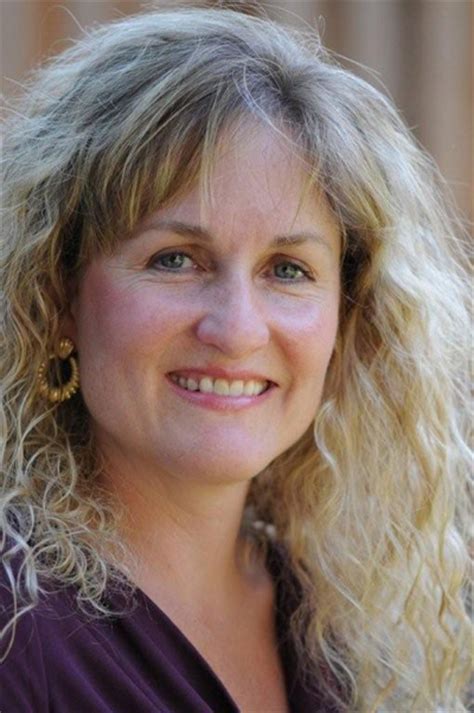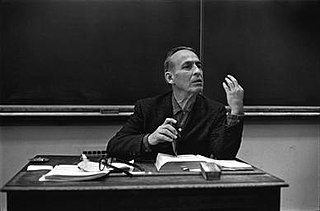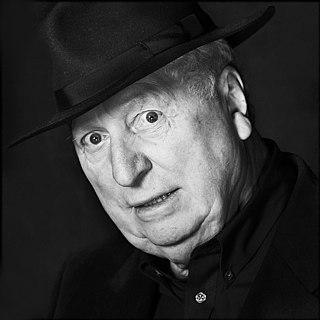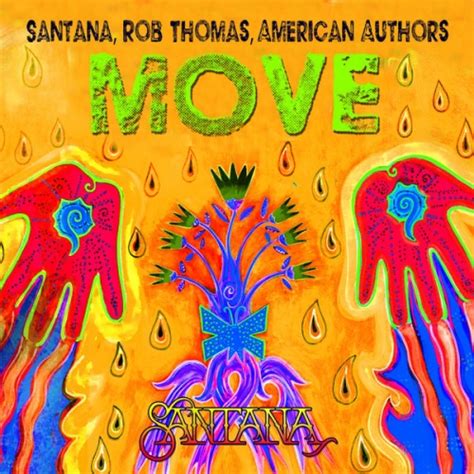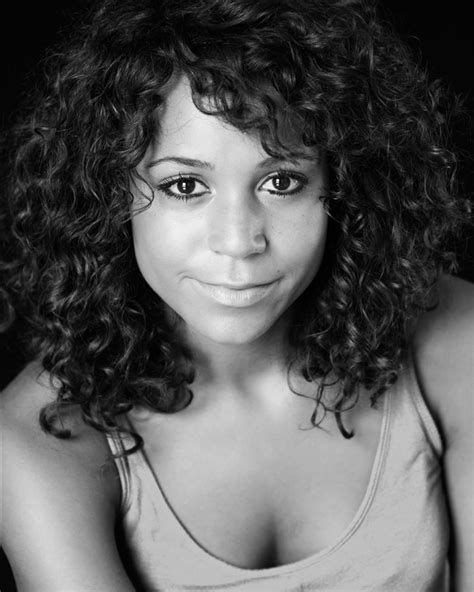A Quote by Marianne Williamson
Happiness is the choice I make today. It does not rest on my circumstances, but on my frame of mind...In cultivating the habits of happiness, I attract the people and situations that match its frequency. I smile more often, give praise more often, give thanks more often, and am glad more often. For such is my choice today.
Related Quotes
When you do one more 'Cinderella' or whatever, what is there to learn? Every part in the repertoire has a good side and a bad side, and the more often you do the same ballet, the more often the bad side comes out. If you want to give dance life, you must give it fresh food, not keep going back to the garbage to look for old scraps.
We human beings do have some genuine freedom of choice and therefore some effective control over our own destinies. I am not a determinist. But I also believe that the decisive choice is seldom the latest choice in the series. More often than not, it will turn out to be some choice made relatively far back in the past.
Trust that you often need to find happiness outside your comfort zone. The journey is a lifestyle choice. Focus on your mental health and your mind just as much as the physical, if not more. All the gym in the world won't help if you don't work on finding acceptance for your muffin top or chaffing thighs.
Women have always been the primary victims of war. Women lose their husbands, their fathers, their sons in combat. Women often have to flee from the only homes they have ever known. Women are often the refugees from conflict and sometimes, more frequently in today's warfare, victims. Women are often left with the responsibility, alone, of raising the children.
Happiness does not come quickly. It is not conferred by any single event, however exciting or comforting or satisfying the event may be. It cannot be purchased, whatever the allure of the next, the newest, the brightest, the best. Happiness, like Carl Sandburg's fog, "comes on little cat feet," often silently, often without our knowing it, too often without our noticing.
When the psychiatrist approves of a person's actions, he judges that person to have acted with "free choice"; when he disapproves,he judges him to have acted without "free choice." It is small wonder that people find "free choice" a confusing idea: "free choice" appears to refer to what the person being judged (often called the "patient") does, whereas it is actually what the person making the judgment (often a psychiatrist or other mental health worker) thinks.
My heroes and heroines are often unlikely people who are dragged into situations without meaning to become involved, or people with a past that has never quite left them. They are often isolated, introspective people, often confrontational or anarchic in some way, often damaged or secretly unhappy or incomplete.


